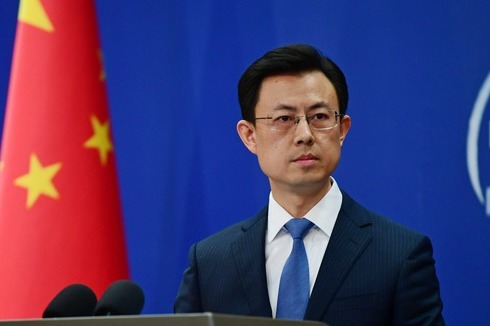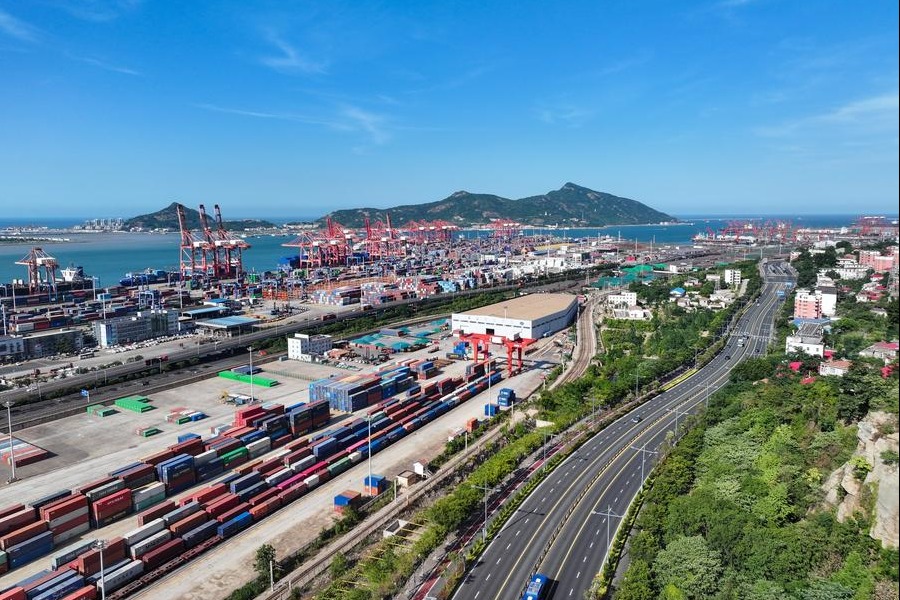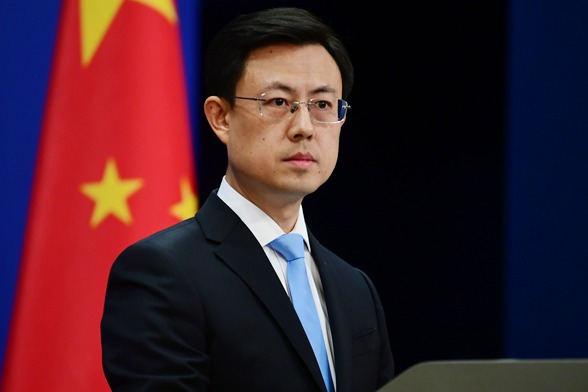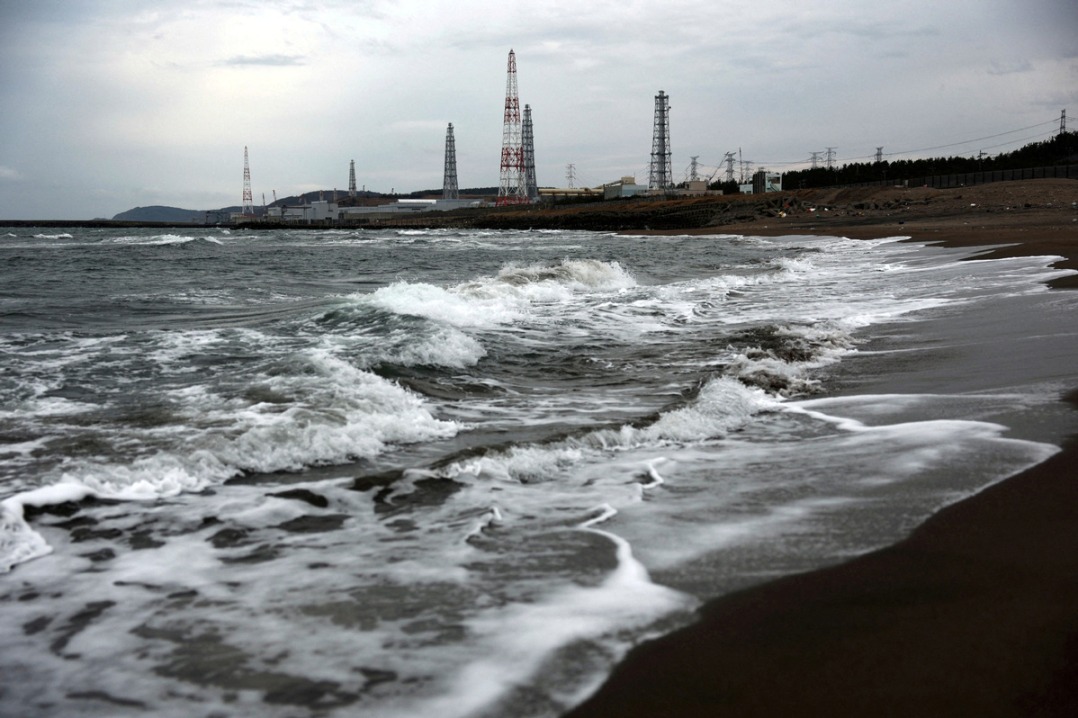Meng's extradition hearing commences

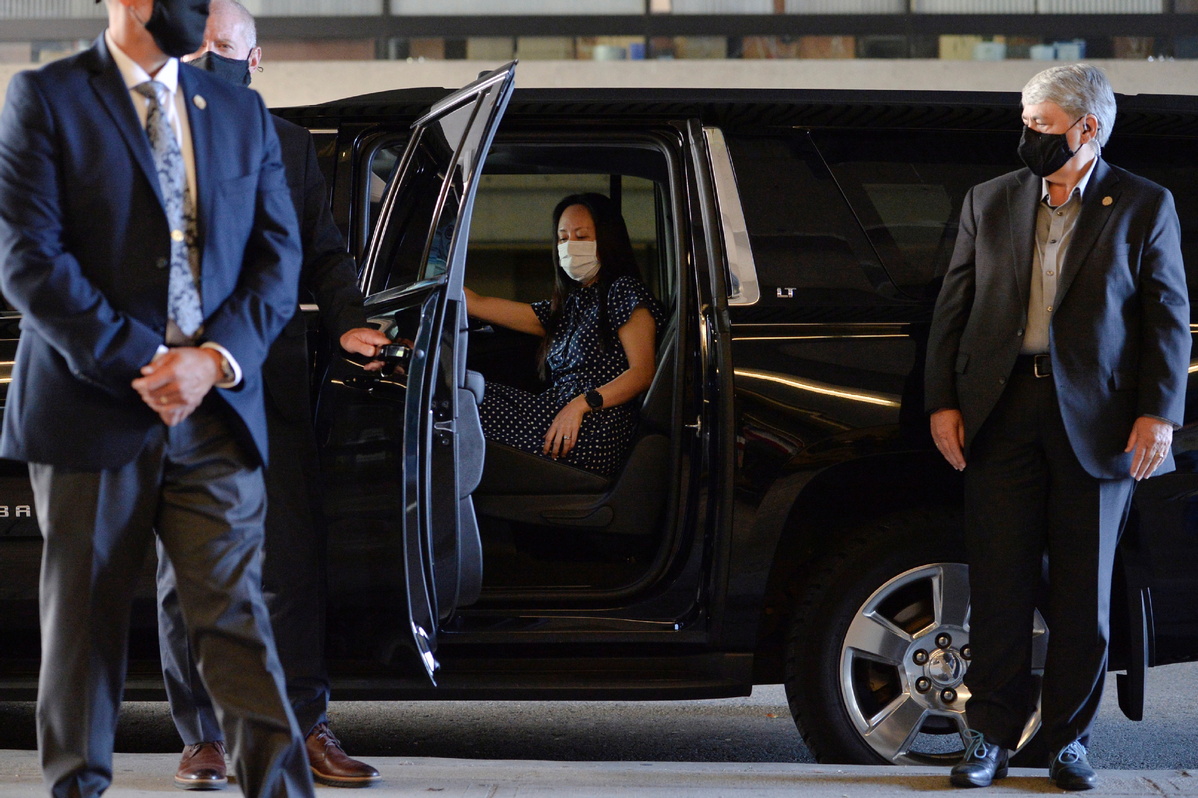
After five days of extensive arguments between the defense team and the Crown representing the US, the formal extradition hearing of Huawei executive Meng Wanzhou started Wednesday at British Columbia Supreme Court in Vancouver.
More than 30 abuse of process claims, including political interference by former US president Donald Trump, have been raised by Meng's legal team, although the Crown lawyer has denied any misconduct occurred.
On Tuesday, a lawyer for Canada's attorney general (the Crown) responded to the four branches of abuse of process and the application for remedy regarding the abuse of process submitted by the defense, saying that Trump's intervention in Meng's case was "exaggerated".
The defense team, however, said it was clear that Trump's remarks about the case has reduced Meng to a bargaining chip in the trade war between the US and China. In addition, the US government has never retracted or denied Trump's remarks.
"So clearly, Trump's remarks constituted an abuse of process," Meng's lawyer Tony Paisana told the judge on Tuesday.
The Crown lawyer said the only state misconduct was a mistake by Canada Border Services Agency officials in giving Meng's electronic passwords to the RCMP (Royal Canadian Mounted Police). But the Crown said it was "unintentional".
"There is no need for contrition from either the US or Canada over the handling of the case," said Crown lawyer Robert Frater.
"Meng was already being detained when the paper containing her passcodes was passed on," Paisana countered. "This de facto detention of Meng, without informing her of any of her rights, seriously infringed upon her Charter rights."
Meng's lawyers also argued that the ROCs (records of the case) omitted material information and contained misstatements. In particular, regarding the distinction between junior and senior HSBC employees, the Crown has constantly shifted its theory as new HSBC evidence has been disclosed, the defense said.
The defense team stated that systematic breaches exist in the case, so the only feasible remedy is to stay the extradition proceedings.
"In this case, abuse of process is multifaceted in nature, and these systematic breaches show disregard for the law," Paisana concluded.
With arguments over the abuse of process allegations concluded, the actual extradition hearing began Wednesday.
Associate Chief Justice Heather Holmes will hear arguments from both sides on whether there is enough evidence to extradite Meng to the US, a decision known as "committal".
Essentially, Holmes must decide whether or not there is enough evidence to commit Meng for trial in Canada, if her alleged crimes had occurred there.
Meng, 49, the chief financial officer of Huawei Technologies Co Ltd, was arrested by Canadian authorities at the request of the US, at Vancouver International Airport on Dec 1, 2018. She is accused of misrepresenting the Chinese telecom company's relationship with Skycom in a PowerPoint presentation to HSBC in 2013 and putting the bank at risk of violating US sanctions against Iran. Meng and Huawei have repeatedly denied the accusations.
Relations between Canada and China have been strained since Canada arrested Meng.
Wenran Jiang, a former senior fellow at the University of British Columbia and the University of Alberta and an adviser to the Institute for Peace & Diplomacy, told China Daily that if Meng were extradited to the US, there is no doubt that Canada-China relations will suffer a new low from their already deteriorated state in the past few years.
"The Canadian Minister of Justice should end the extradition case when it is politicized. Meng's case was clearly politicized by the Trump administration from the very beginning. By not ending the legal process even though the case was politicized, the minister in fact made a political decision to keep the case going," said Jiang.
Richard Kurland, a Vancouver immigration lawyer who has followed the proceedings closely, said the real drama is outside the courtroom.
"In the interest of justice, that is rule of law because Section 23 of the Extradition Act gives the power to the minister to shut down a case anytime for no reason," said Kurland.
"The real drama is in Ottawa, Washington and Beijing. And those three areas of politicians working together can shut this down. We may well see a resolution of Meng's extradition case in the political arena, rather than the court of law of Canada," he added.
















